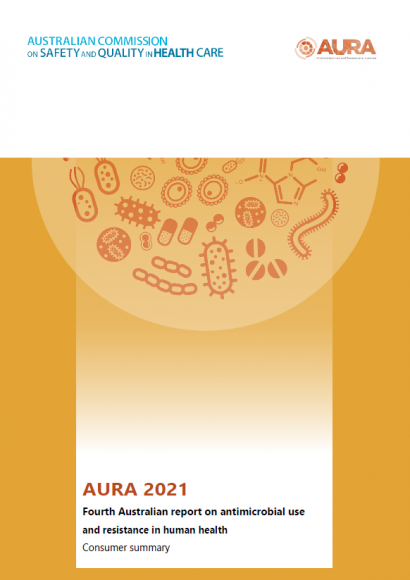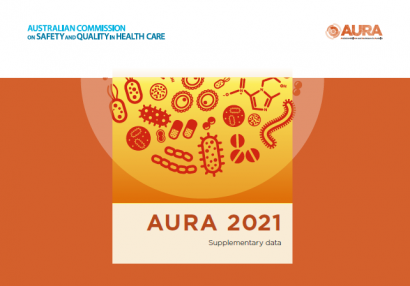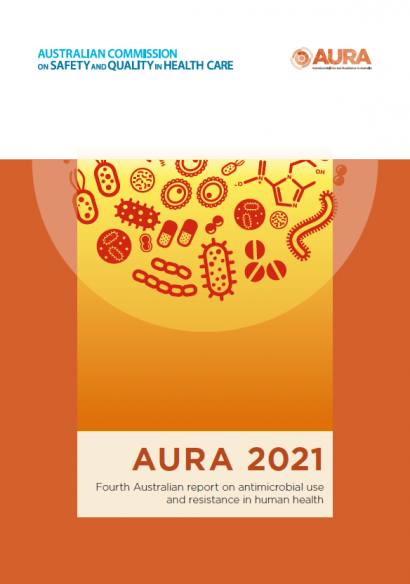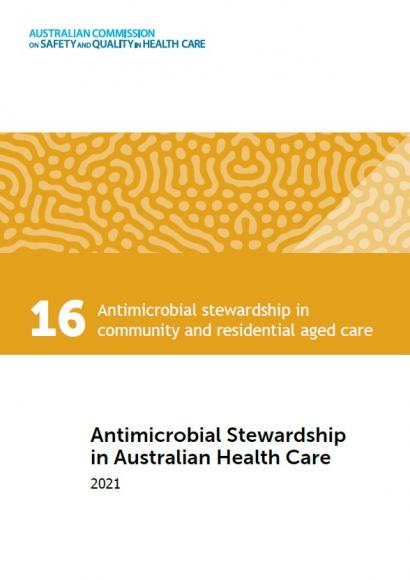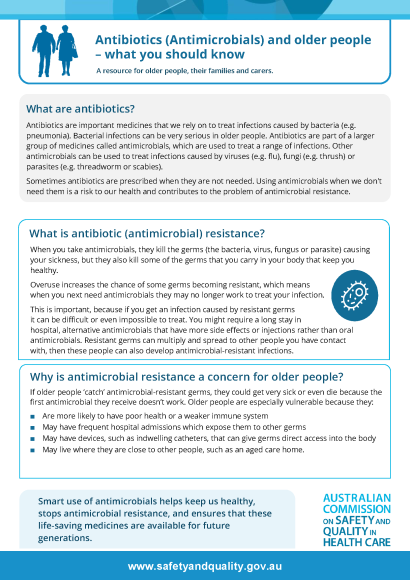Prior to the release of the Fifth Australian report on antimicrobial use and resistance in human health (AURA 2023) in November 2023, there were four AURA reports dating from 2016 and a 2015 preliminary report that set the baseline for monitoring of trends over time. The AURA reports highlight areas where future work would inform action to prevent the spread of antimicrobial resistance.
Pathology accrediting agencies independently assess pathology laboratories across Australia to ensure they meet the requirements for pathology practice.
The resources below support pathology workforce, pathology practices and accrediting agencies by providing guidance on the NPAAC accreditation materials including the standards
The National Pathology Accreditation Scheme (NPAS) accredits Australian pathology laboratories.
The Commission is reviewing the Diagnostic Imaging Accreditation Standards and Scheme to improve the safety and quality of patient care.
These case studies showcase best practice and innovation in cataract care. They are provided as examples to health services to assist in implementing the Cataract Clinical Care Standard.
Accreditation provides assurances to the community that healthcare services meet the expected standards for safety and quality. It is a formal program where trained independent reviewers assess evidence of implementation for specified standards.


